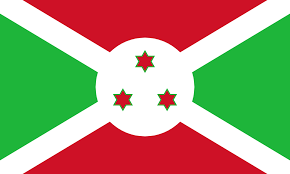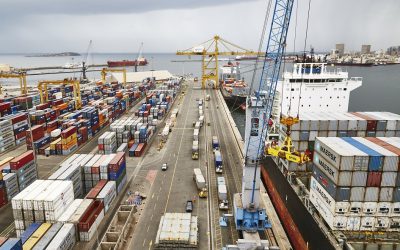
The Burundian legal system
Legal system Civil law vs Common Law
The legal system is based upon French and German customary law.
Historical background
Before colonization, Burundi existed as a monarchy under the authority of a King (mwami). Traditional laws were used to dissolve disputes in the kingdom. The colonial period has begun with the Germans in the early 1980s where German customary laws applied, and they adopted a system of indirect rule. The French took over in 1916 and continued with the indirect system until 1925 where they adopted the French civil law. Burundi adopted both French civil law and German customary law after colonization.
Traditional Law vs Civil law
Civil law is used in most courts; however, traditional laws are used at the local level on matters such as succession governed by customs.
Judiciary system
The judiciary system consists of the Supreme Court, the Court of Appeal, Constitutional Court, Tribunals of first instance, Courts of Residence, as well as Specialized courts
The Supreme Court is the highest court of the land. It has original and appellate jurisdiction over civil and criminal matters. It is divided into three main chambers. These chambers include the Administrative Chamber, the Judicial Chamber, and the chamber of Cassation. The Court of Appeal has appellate jurisdiction to hear appeals from lower courts (County Courts and Courts of Residence). They comprise of three main courts based in Bujumbura, Ngozi, and Gitega. The Constitutional Court has jurisdiction on constitutional matters such as violation of human rights. It ensures that the constitution is adhered to strictly. The Tribunals are local county courts which are located in each of the 18 provinces in Burundi. The Courts of Residence are Resident Magistrate’s Courts which operate at the commune level. They have jurisdiction over both civil and criminal matters. Specialized courts are tailored to specific reasons such as labour matters which are presided over by Labour Courts.
Membership to other zone economic systems
Burundi is a member of :
– The Common Market for Eastern and Southern Africa (COMESA)
– The Economic Community of Central African States (ECCAS)
– The East African Community (EAC)
Réservez un appel
Notre actualité
Licenciement et chômage technique en période de Covid-19 au Sénégal
Que prévoit l'ordonnance du 8 avril 2020 relative aux mesures dérogatoires en matière de licenciement et de chômage technique au Sénégal?
Licenciement et chômage technique en période de Covid-19 au Sénégal
Que dit l'Ordonnance du 8 avril 2020 ? 1.Interdiction des licenciements pour un motif autre que la faute lourde sous peine de...
Importer au Sénégal : ce qu’il faut savoir
Cette note a vocation à offrir une vue globale de certains éléments auxquels il convient d’être attentif lorsqu’on exporte des...
Contactez-nous
Voulez-vous en savoir plus sur nos offres? N’hésitez pas à nous contacter! Nous vous revenons dans les meilleurs délais.


